Medieval Cosmology Bundle
$135.00
Description
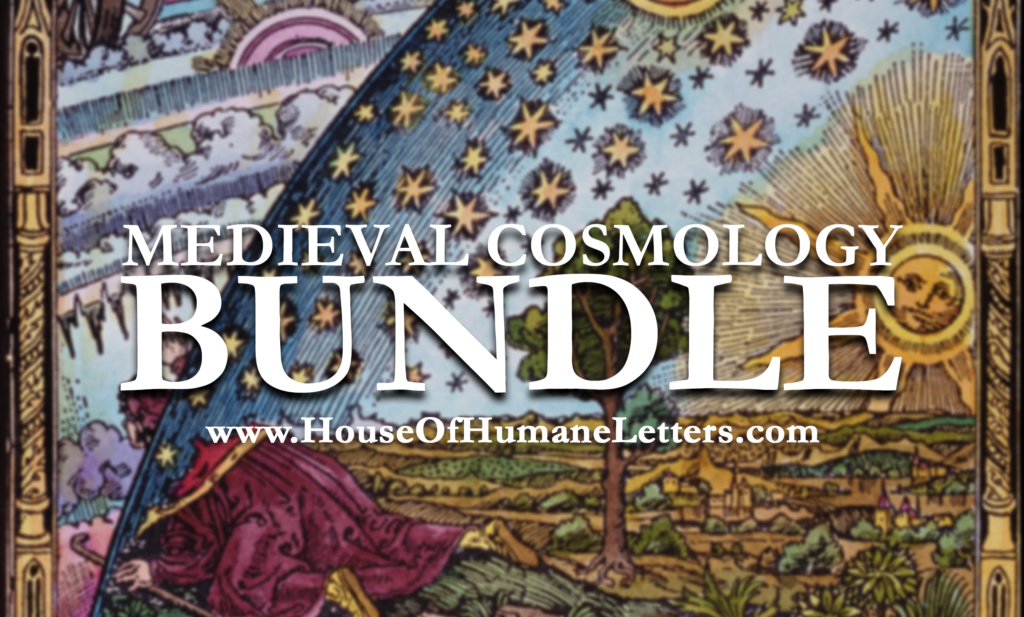
Combination of our medieval cosmology mini-class recordings including:
Seeking the Discarded Image: The Heavens Mini-Class by Kelly Cumbee
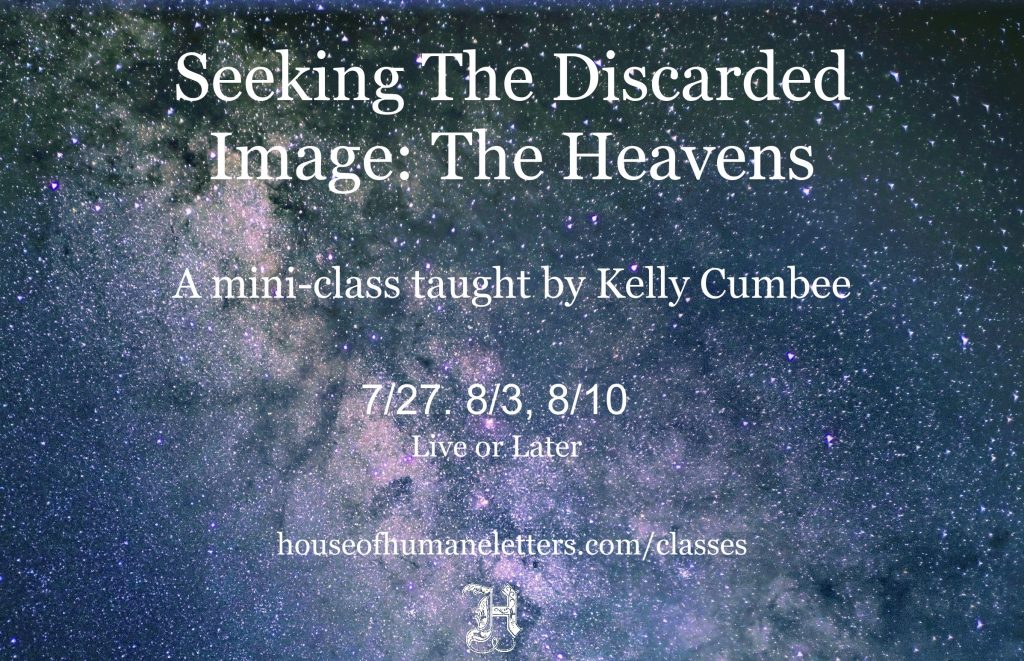
C.S. Lewis says it is “worth while to spend some labour on ‘putting ourselves back’ into the universe which our ancestors believed themselves to inhabit. What their work means to us after we have done so appears to me not only more accurate (more like what they intended) but also more interesting and nourishing and delightful.”
A key element to entering Medieval and Renaissance literature in this way is understanding their model of the cosmos—when they talk about “the heavens,” and they talk about it a LOT, they do not mean what we mean by the word “space.” The modern meaning of “space” does not exist in medieval literature because, as Lewis says, “the thing meant did not exist for the human mind. The drama of existence was not performed against any such forbidding backcloth. There was no abyss. Man looked up at a patterned, populous, intricate, finite cosmos; a builded thing, not a wilderness; ‘heaven’ or ‘spheres,’ not ‘space.’ ” As we seek to recover an understanding of medieval cosmology in order to increase our ability to enter into and delight in Medieval and Renaissance literature and their modern descendants, we often don’t know what we’re looking for.
In the first class, Kelly Cumbee will map out the celestial spheres and what they meant to the medieval imagination, and will walk you through them using Dante’s Paradise as a guide. In the second and third classes, we will read togther Lewis’s Prince Caspian and Shakespeare’s Macbeth in order to see how those works embody medieval cosmology.
Seeking the Discarded Image: Nature Mini-Class by Kelly Cumbee
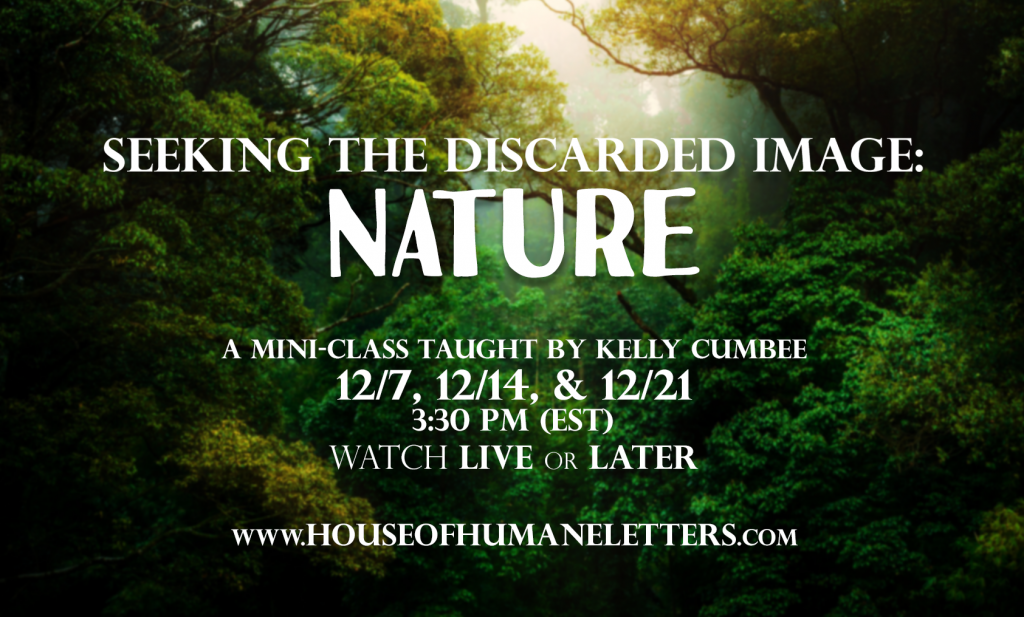
C.S. Lewis says it is “worth while to spend some labour on ‘putting ourselves back’ into the universe which our ancestors believed themselves to inhabit. What their work means to us after we have done so appears to me not only more accurate (more like what they intended) but also more interesting and nourishing and delightful.”
In the previous class, we focused on the Heavens, the sphere of the Moon and everything beyond, which was seen as perfect and unchanging. In this, we will discuss the world we inhabit, the sub-lunary world of change and chance in all its beauty, glory, and terror, presided over by Nature and Fortune, and inhabited and haunted by those mysterious beings whom Lewis calls the Longaevi, the long-livers, the fey folk.
In the first class, Kelly Cumbee will describe the medieval concept of Nature, and we will see how Nature is revealed in Dante’s Hell. In the second and third classes, we’ll read together Lewis’s The Silver Chair and Shakespeare’s King Lear in order to see how those works embody the medieval idea of Nature.
Seeking the Discarded Image: Man Mini-Class by Kelly Cumbee
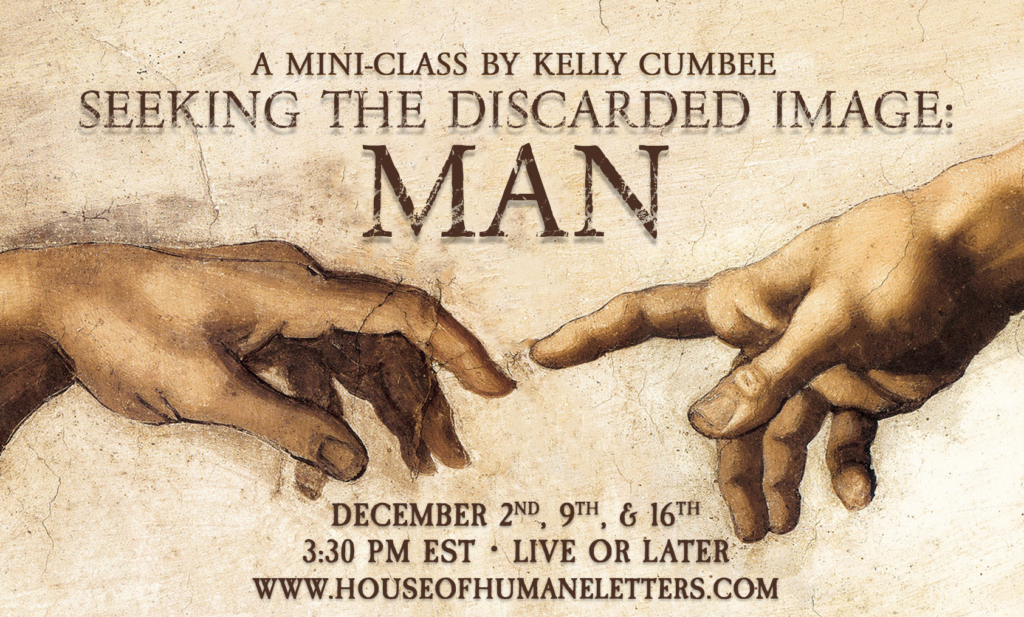
C.S. Lewis says it is “worth while to spend some labour on ‘putting ourselves back’ into the universe which our ancestors believed themselves to inhabit. What their work means to us after we have done so appears to me not only more accurate (more like what they intended) but also more interesting and nourishing and delightful.”
In the first two parts of this series, we looked at the Heavens and at Nature. In this, we will discuss the medieval understanding of what it means to be a human and what our place in the created order is. Why do medieval stories (including histories) mingle fact and fiction as if they were the same thing? Do the words “temperament” and “complexion” mean the same thing to the medievals as they do to us? Why is man called a “microcosm,” and what do the Seven Liberal Arts have to do with any of this?
In the first class, we will see what the journey up Mount Purgatory reveals about the human soul. In the second and third classes, we’ll read together Lewis’s The Horse and His Boy, and Shakespeare’s The Tempest in order to see how these works embody the medieval idea of what it means to be a well-ordered human being.

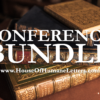

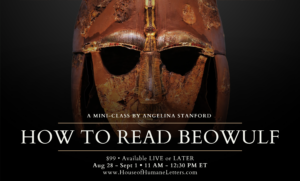
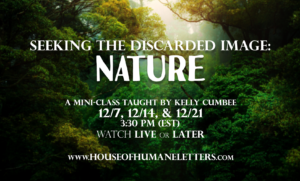

Reviews
There are no reviews yet.